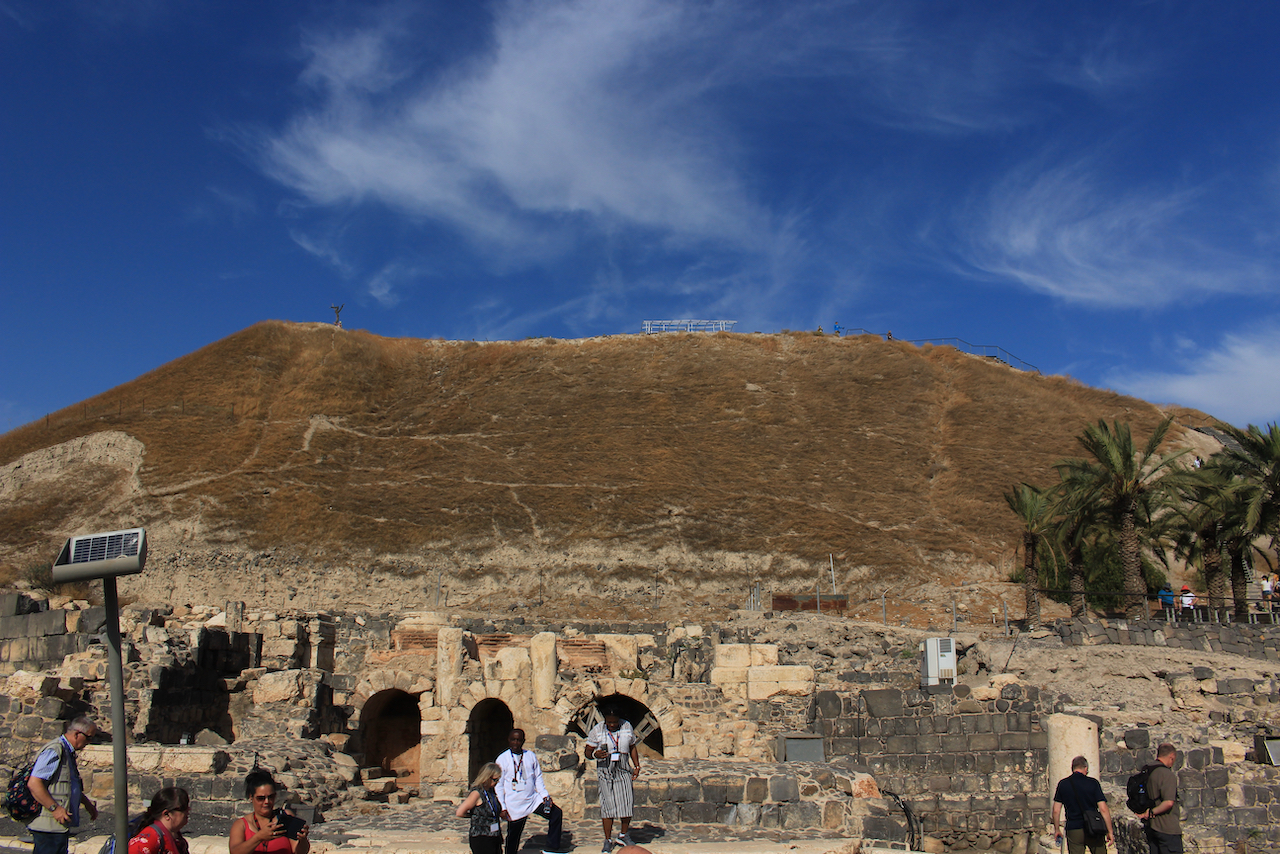How do we feel when someone who has treated us wrongly is defeated? How do we feel if we learn that they have died? Perhaps there may not be happiness but perhaps there is some relief that they are no longer around to make life difficult for us.
When King Saul died, David grieved.
“A gazelle lies slain on your heights, Israel. How the mighty have fallen!…Saul and Jonathan – in life they were loved and admired, and in death they were not parted. They were swifter than eagles, they were stronger than lions. ‘Daughters of Israel, weep for Saul, who clothed you in scarlet and finery, who adorned your garments with ornaments of gold.’…How the mighty have fallen! The weapons of war have perished!” (2 Samuel 1:19,23-24,27 NIV)
Keep in mind that this is the same Saul who had tried time and again to kill David. This was the same Saul who had relentless pursued David and had allowed his hatred of David to occupy all his time. Yet, when he died, David mourned his passing.
Not only did David mourn him, he even avenged him. He was brought word of the outcome of the battle by an Amalekite who had been fighting alongside the Israelites. He reported to David that Israel had been defeated and that Saul and Jonathan had been killed. As a result, many of the Israelites had fled the battle. With such distressing news, David asked how this man knew all of this.
“‘I happened to be on Mount Gilboa,’ the young man said, ‘and there was Saul, leaning on his spear, with the chariots and their drivers in hot pursuit. When he turned round and saw me, he called out to me, and I said, “What can I do?”…Then he said to me, “Stand here by me and kill me! I’m in the throes of death, but I’m still alive.” ‘So I stood beside him and killed him, because I knew that after he had fallen he could not survive. And I took the crown that was on his head and the band on his arm and have brought them here to my lord.’” (2 Samuel 1:6-7,9-10)
I’m sure the man expected to be rewarded for not only bringing the information but for bringing the royal crown and arm bands to David. What he didn’t realise was the seriousness of killing the Lord’s anointed king. For that, David ordered his execution.
Some have supposed that the two records of Saul’s death recorded in our books of Samuel contradict each other. We find in 1 Samuel 31 that Saul, when he was critically wounded in battle, asked his armour-bearer to end his life which he refused to do. So Saul fell on his own sword and died. His body was then taken to Beth Shan and mounted on the gates for all to see.
It would seem that this did not immediately kill him, so Saul asked the Amalekite to finish him off, which he did. Or perhaps the Amalekite found Saul dead and decided to claim to have done it himself in hope of a reward from David. Either are possible explanations which shows that we do not have a contradiction in the Biblical text but possible explanations which would harmonise the two accounts.
It is useful for us to see how various people reacted to the death of King Saul. David grieved him. His armour-bearer refused to kill him. The Amalekite either killed him without regards for his status or bragged about doing it.
May we learn to mourn for the death of those around us, even if they have treated us cruelly. May we learn that vengeance is not in our hands but that we need to leave such things to God (Romans 12:17-21).
Photo of hill where Beth Shan was built, by Jon Galloway.
Readings for next week: 1 Samuel 26-31; 2 Samuel 1-2
- Jesus our Passover Lamb - 2026-01-23
- Growing in faith despite difficult circumstances - 2026-01-16
- God’s temple - 2026-01-09
